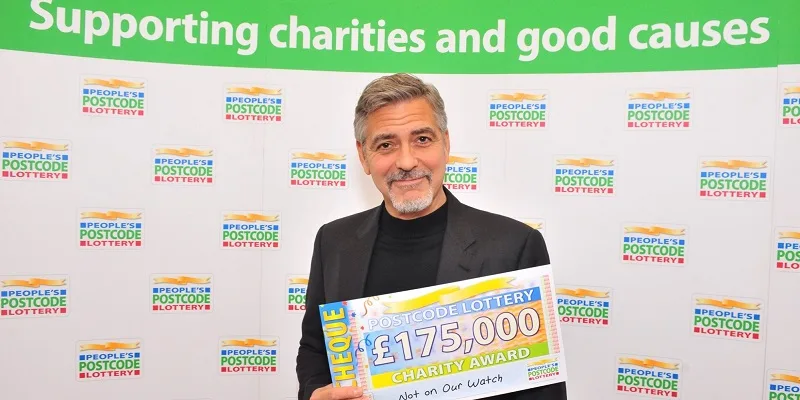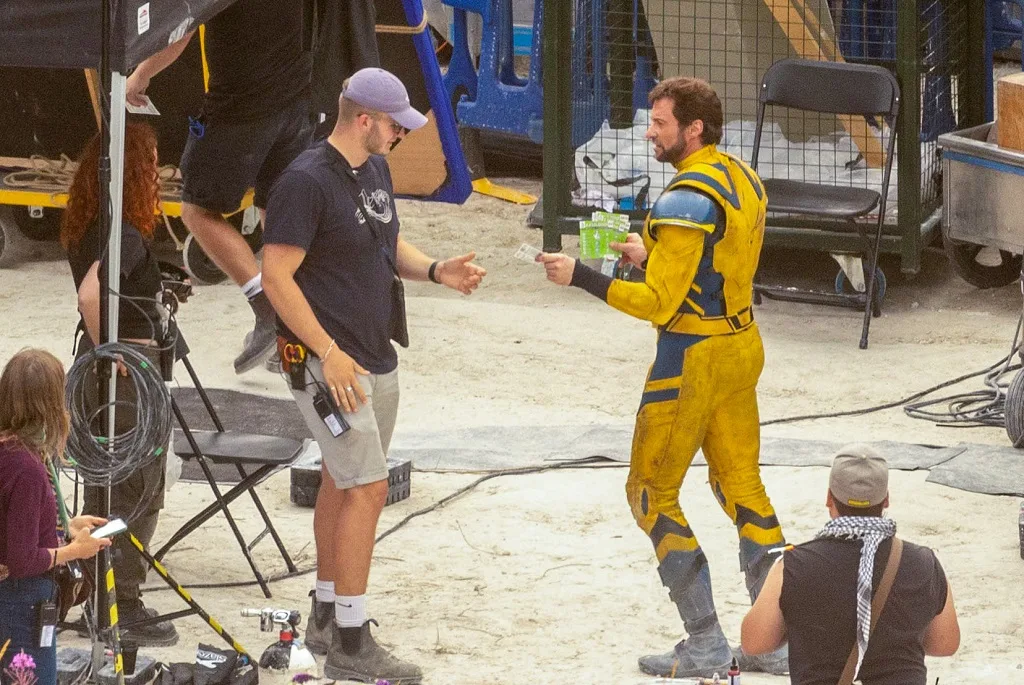
Stars and Their Lucky Stars: Celebrities Who Won the Lottery
The lottery, a form of gambling that involves drawing numbers for a prize, has been a popular pastime across cultures for centuries. People are drawn to the lottery for various reasons, primarily the allure of turning a small stake into a massive win with little to no effort. The simplicity and accessibility of the lottery make it an attractive option for anyone looking to try their luck.
Moreover, the lottery isn’t just about the potential financial winnings—it’s also about the thrill and excitement of anticipation. This emotional aspect, coupled with the dream of life-changing outcomes, keeps millions of tickets selling weekly despite the astronomical odds.
Why Celebrities are Drawn to the Lottery
Contrary to popular belief, celebrities are not immune to the charms of the lottery. Despite their wealth and access to luxurious lifestyles, many celebrities enjoy playing the lottery as a reminder of normalcy and nostalgia. It keeps them connected to ordinary experiences and offers a thrill that even fame cannot replace.
Additionally, celebrities often participate in lottery games for charitable reasons. Many famous personalities buy tickets in support of lottery games that donate a portion of proceeds to charities, turning a fun activity into an act of philanthropy.
However, it’s not just altruism; some celebrities genuinely enjoy the excitement and uncertainty that comes with buying a lottery ticket, similar to how any other person might feel hopeful about their lucky break.
George Clooney’s Lucky Ticket
One notable celebrity who has experienced the thrill of winning the lottery is George Clooney. The acclaimed actor won a considerable amount in an Italian lottery, which he donated to charity. This win not only highlighted his generosity but also sparked conversations about celebrities participating in lottery games.
Clooney reportedly purchased the lottery ticket during a trip to Italy, where he often spends time. The win was unexpected but welcomed by Clooney, who used it to support his ongoing humanitarian efforts.
The incident reflects the dual appeal of the lottery for celebrities—both as a form of entertainment and as a means to support charitable causes.
Hugh Jackman’s Winning Moment
Hugh Jackman, another beloved actor, also had his moment of lottery luck. Jackman, known for his role in movies and his philanthropic efforts, won a small lottery prize which he shared with his movie crew, demonstrating his team spirit and generosity.
The win occurred during a routine purchase, where Jackman bought lottery tickets for everyone on set as a gesture of goodwill—a practice he was known for among his colleagues. The win, though not large, was a significant morale booster and an example of his character off-screen.

Madonna’s Million-Dollar Win
Madonna, the pop icon, won a million dollars in a lottery while touring for her music. True to her philanthropic nature, she donated her winnings to build schools in one of the countries she was touring. This gesture helped support educational projects and highlighted the positive impact lottery winnings can have when directed towards philanthropic efforts.
The win was widely covered in the media, bringing attention to the potential benefits of lottery participation beyond personal gain, reinforcing the idea that these wins can serve broader societal benefits.
Luck in the Lottery: A Blend of Fate and Fun
While the stories of celebrities winning the lottery may sound like tales of extraordinary luck, they underscore a universal truth: the lottery is an equalizer. It does not discriminate by fame or fortune and offers the same odds to all who participate.
The appeal of the lottery lies in its unpredictability and the universal desire for a stroke of luck. Whether used for personal enjoyment or charitable giving, the lottery remains a popular pastime, captivating the imaginations of people from all walks of life, including the stars.
In conclusion, while lottery participation among celebrities might seem unconventional, it reflects their human side and their desire to connect with simple pleasures and hopeful prospects, just like anyone else.
